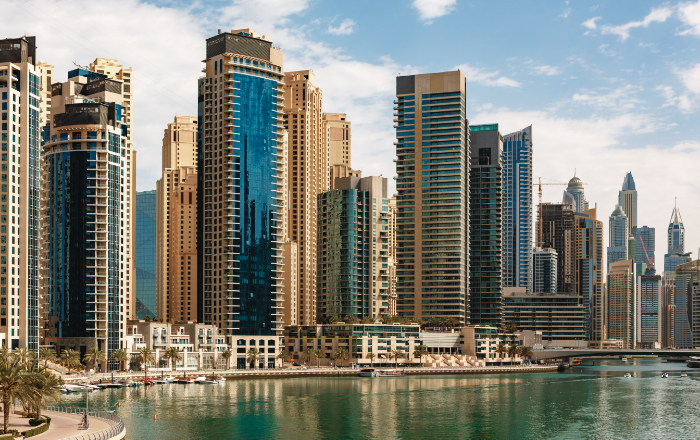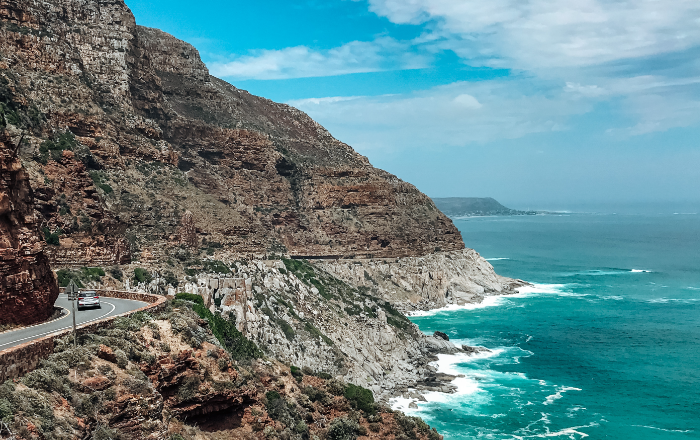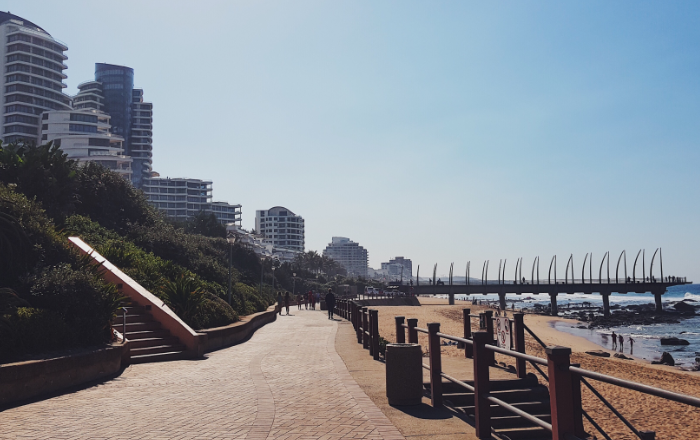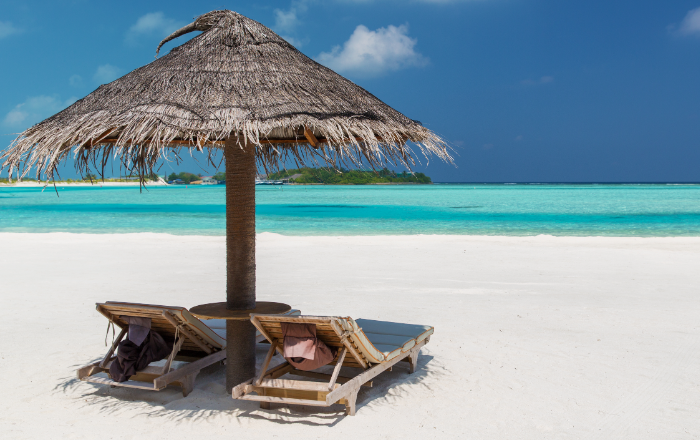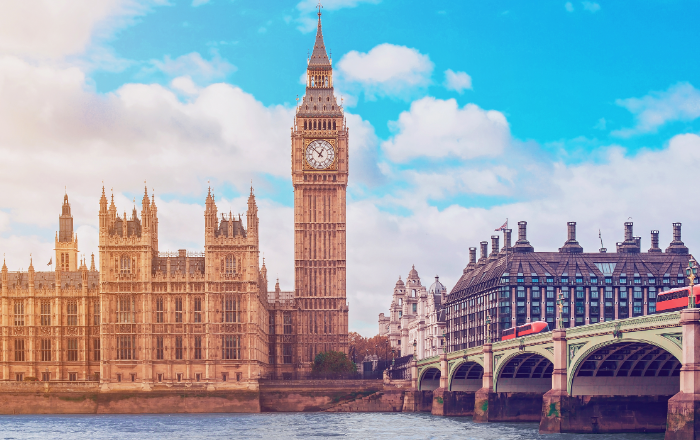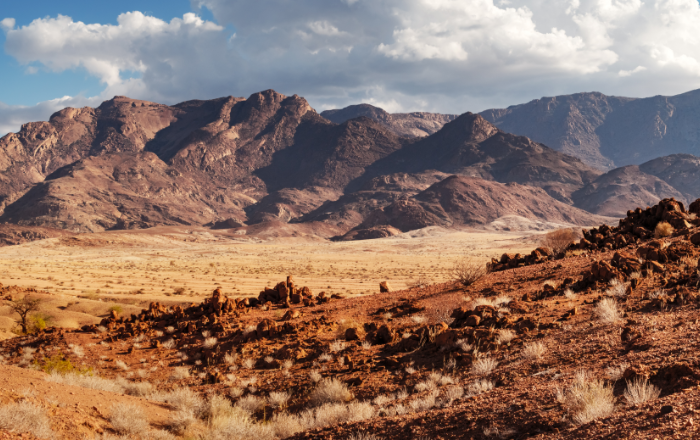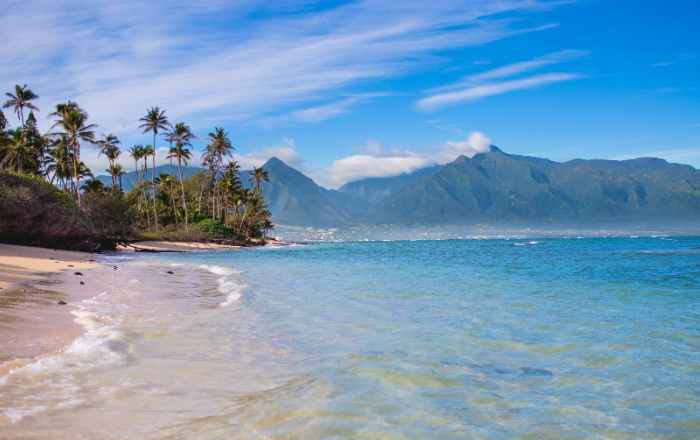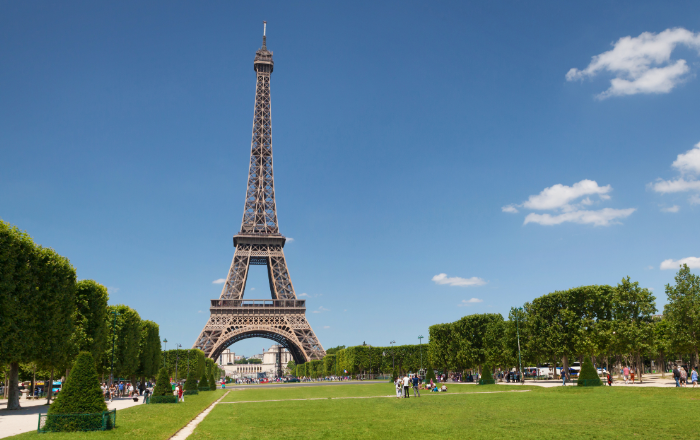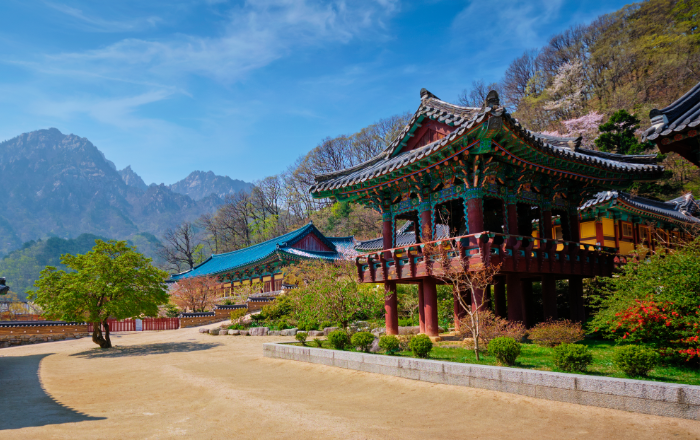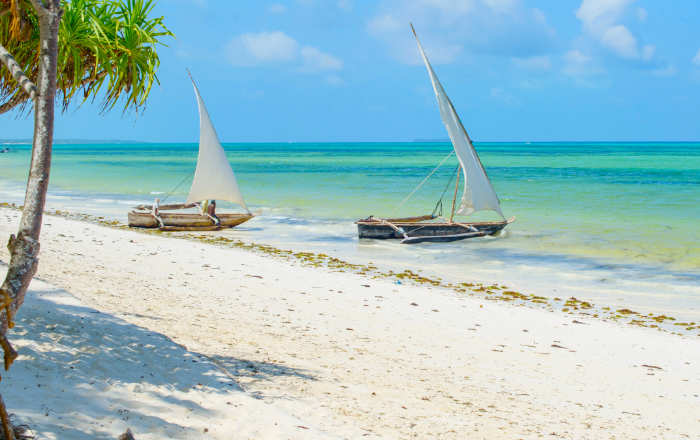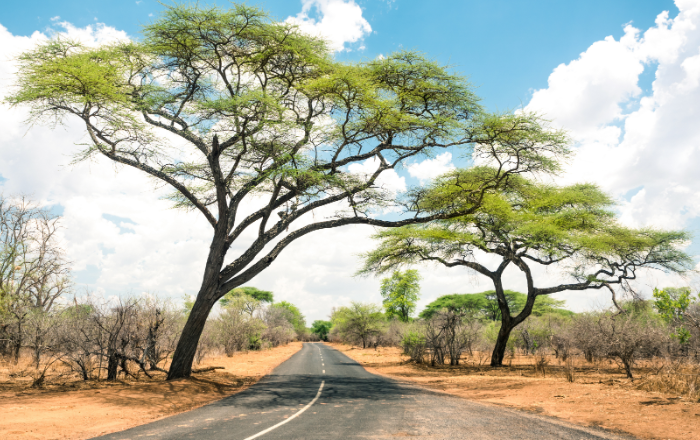Flight tickets from Mpumalanga to Lagos
Lagos, Nigeria’s largest city, is a bustling hub of activity. From its vibrant music and culture to its vast business opportunities, Lagos is a city with a unique atmosphere. From the local markets of Makoko to the famous Lagos Lagoon, there's much to explore and experience. In this text, we'll take a look at all of Lagos' attractions, from its historical sites to its acclaimed urban lifestyle. Discover the secrets of this vibrant city and what makes it so special.
Getting to Know Lagos
Lagos is the largest city in Nigeria and is located in the southwestern part of the country. Its population is estimated to be 20.5 million, making it the most populous city in Africa. With a metropolitan area encompassing most of the mainland, as well as artificial islands, Lagos is one of the largest urban agglomerations in Africa. Lagos is located in the West African Time Zone, which is one hour behind Coordinated Universal Time (UTC +1). Lagos is a multilingual city. Nearly four hundred languages are spoken in the city, including the official language of Nigeria, English. The other languages spoken by its residents include Yoruba, Igbo and Hausa. The Nigerian Naira (NG) is the currency of Lagos. It is made up of 100 Kobo units and is available in coins and notes ranging from 5Naira to 500Naira.
Climate and Weather
Lagos is the largest city in Nigeria and enjoys a tropical climate throughout the year. The city has two main seasons—a dry season that runs from November to March, and a wet season that lasts from April to October. During the dry season, temperatures can reach as high as 33 degrees Celsius (91 degrees Fahrenheit). The humidity is also low at this time of year, making it an ideal time to visit if you are looking to explore the city without too much heat or humidity. During the wet season, average temperatures remain around 28 degrees Celsius (83 degrees Fahrenheit). There are frequent showers and storms during this season and the humidity can reach up to 80%. Lagos’s proximity to the Atlantic Ocean means there is a constant breeze throughout the year, which helps to keep temperatures from becoming too extreme in either season. The city rarely experiences snow, with the average temperature ranges never falling below 16 degrees Celsius (60 degrees Fahrenheit).
Touring Lagos: Airport and Transportation
There are two airports in Lagos, Nigeria: Murtala Muhammed International Airport and the General Aviation Terminal (GAT). You can get from the main airport to downtown in Lagos by taxi or rideshare service such as Uber or Bolt. The cost of the fare depends on the distance travelled, but it typically ranges from NGN500 (US$1.37) to NGN2,500 (US$6.84). Yes, you can exchange money at Lagos airport. There are currency exchange services available both before and after security.
Exploring the Rich History and Culture of Lagos
- As the largest metropolis in Nigeria, Lagos has a vibrant and interesting history and culture, dating back to when it was a major port along the Atlantic Coast
- Lagos has a rich mix of ethnicities, religions, and languages, making it an interesting and diverse destination for tourists
- There is an abundance of fascinating attractions in Lagos, from colorful markets to stunning architecture to eclectic nightlife
Check the weather before buying a ticket from Mpumalanga to Lagos
Q&As for booking flights from Mpumalanga to Lagos
How long is the flight from Mpumalanga to Lagos?
There are no direct flights between Mpumalanga and Lagos, so the journey will take at least a day with a layover.
How far is the flight from Mpumalanga to Lagos?
The flight from Mpumalanga to Lagos is approximately 2 hours and 10 minutes.
Which airlines fly direct from Mpumalanga to Lagos?
There are no airlines that fly direct from Mpumalanga to Lagos.
How many airports are there in Lagos and what are their official names.
There are two airports in Lagos and their official names are Murtala Muhammed International Airport and Lagos domestic Airport.
How many flights are there a week from Mpumalanga to Lagos?
There are twenty-six flights a week from Mpumalanga to Lagos.
When is the cheapest time to buy a ticket from Mpumalanga to Lagos?
The cheapest time to buy a ticket from Mpumalanga to Lagos is typically when flight prices are at their lowest. However, there can be some exceptions to this rule. For example, during busy travel periods, flight prices may be higher than usual.
How can i get from the main airport to downtown in Lagos and how much does it cost?
There are several ways to get from the main airport to downtown in Lagos. You can take a taxi, bus, or train. The cost will depend on your chosen method of transportation.
